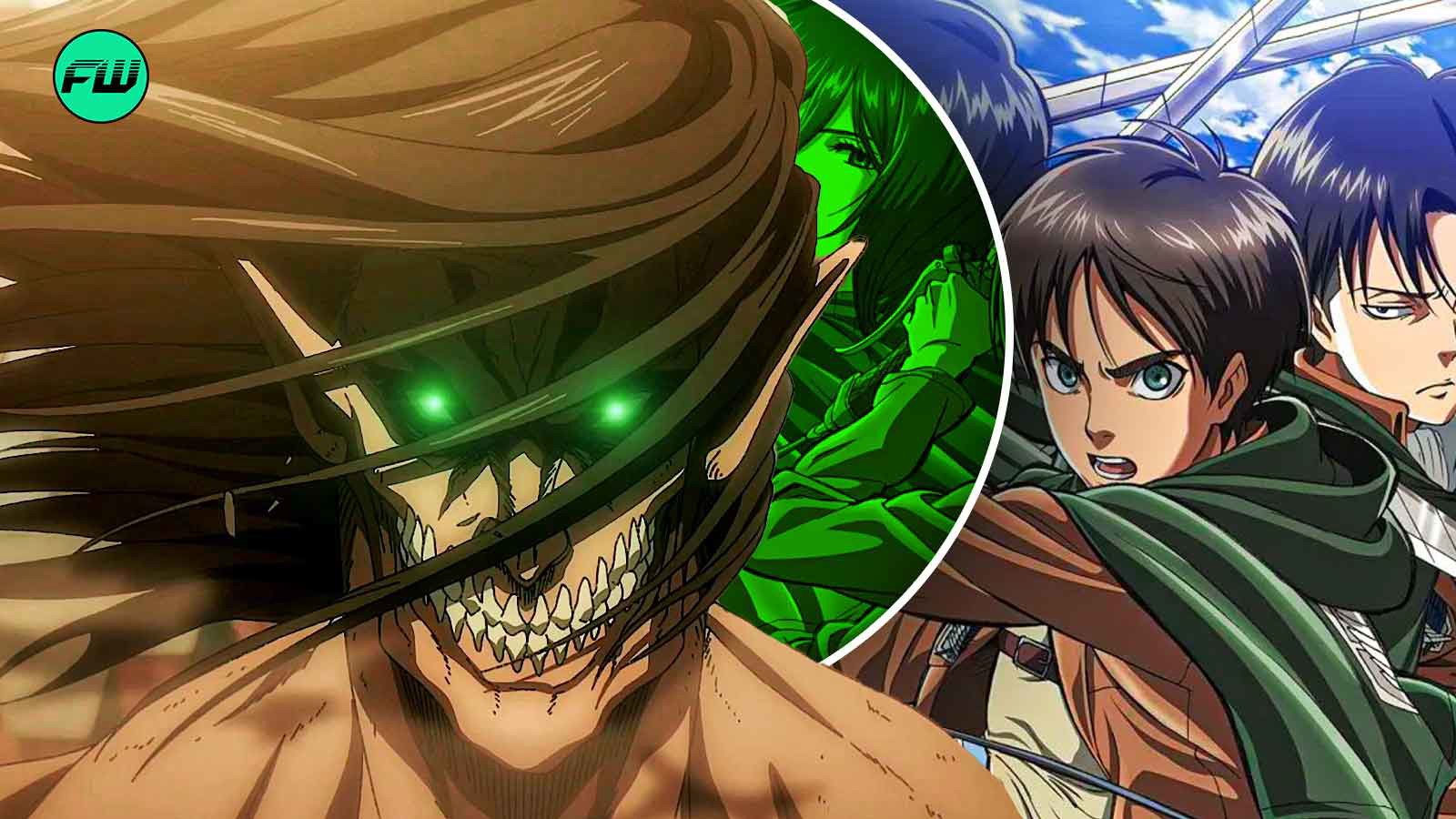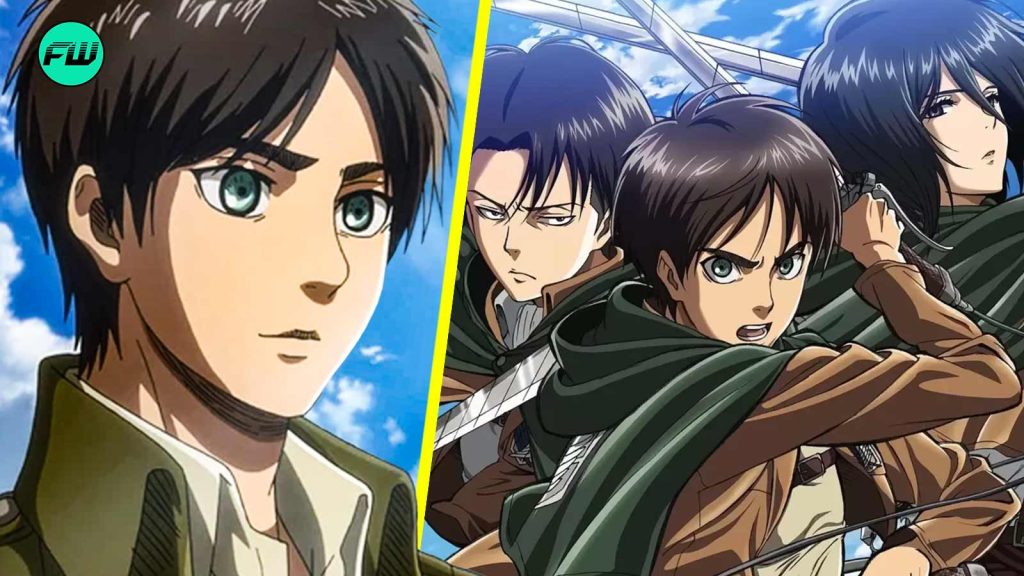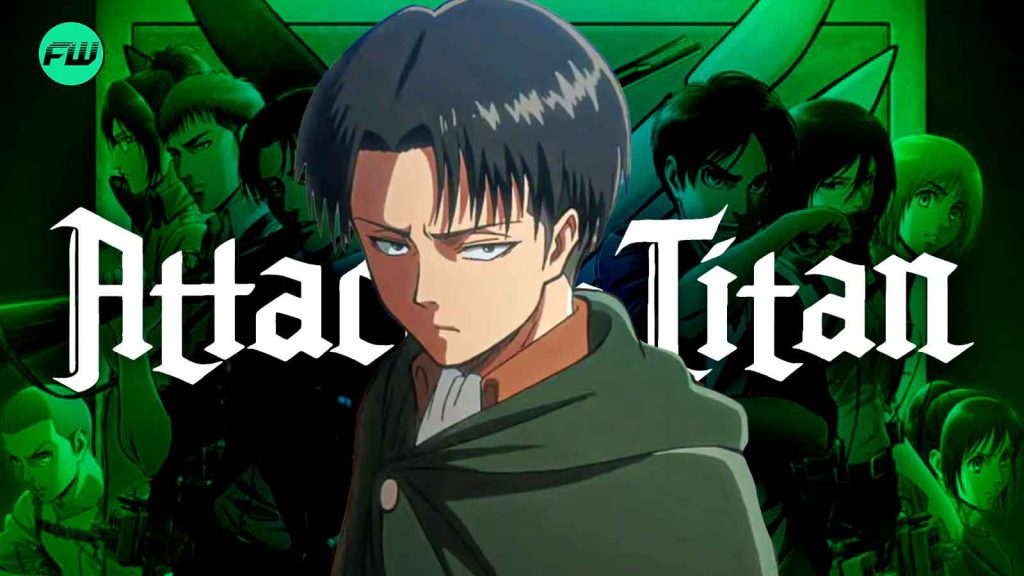Be it war, gore, and violence, Attack on Titan, written by Hajime Isayama, perfectly captured the essence of a dystopian world through its visuals and storytelling. The manga highlights themes of survival where characters rummage for normalcy and peace in the middle of chaos.
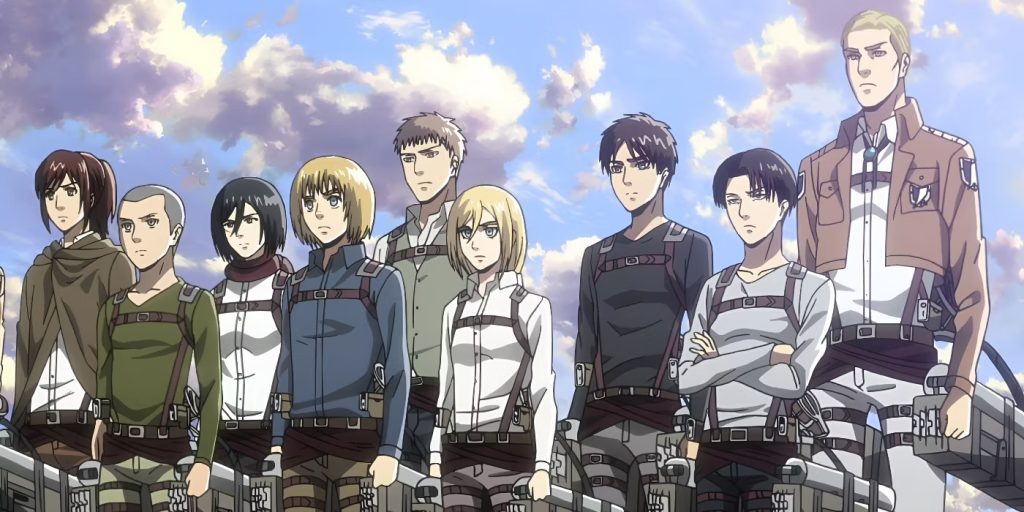
From its backdrop to storylines, the manga draws its inspiration from Norse mythology as well as real-time incidents. In addition to that, the moments of war and violence are a reference to World War 2 and the exodus of Jews.
While there are references to real-time stories and incidents, the author admitted the usage of Western and Japanese storytelling methods in his work. However, this move by the author wasn’t what fans hoped for.
Western influences on Hajime Isayama’s writing in Attack on Titan
Attack on Titan, written by Hajime Isayama, follows the human existence being on the brink of destruction at the hands of politicians, war, poverty, and Titans. The ever-looming fear of destruction coupled with the existence of Titans motivates the characters toward survival throughout the story.
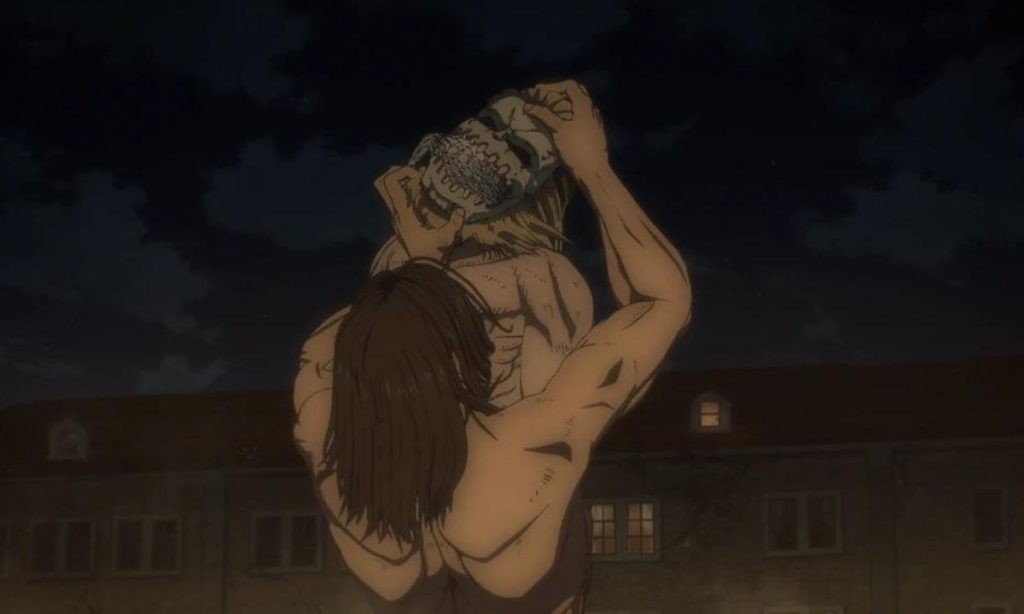
While the origin story of Titans is inspired by Norse mythology, the author used Western as well as Japanese methods of storytelling to conclude the manga. He used deductive and inductive methods to write the ending of his story. In an interview with Febri, he revealed the process behind the ending. He quotes :
In contrast, most manga serializations use the deduction method, which gives the impression that what you are reading is happening in real time, and you experience the interesting moments like they’re impromptu. With Attack on Titan, I want to take the benefits of each of those methods, and perhaps that’s greedy of me, but that’s where my mind is at.
While it seemed ideal for the author to use both methods simultaneously to reflect on the time skip as well as juggle both past and present in the story, eventually, it made no sense to most fans.
While the time-skip showed a different Eren, it didn’t place any importance on his origins as an anti-villain. And while the author talks about the 360-degree shift in the interview along with his decision to prioritize a shocking element over fans’ demands, it initially led to a backlash.
Eren Yeager as the anti-hero in Hajime Isayama’s Attack on Titan
Apart from using inductive storytelling that involves the constant shuffling of the story between the past and present, the author also shifted the story’s dynamic by crafting Eren Yeager into a complete anti-hero. While the story’s ending reflected a 360-degree turn, it also made things worse.
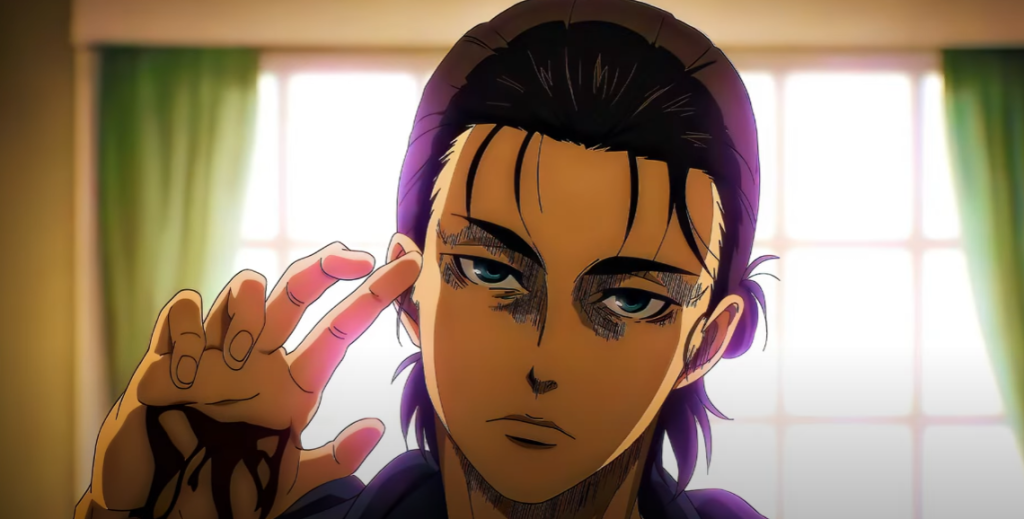
The concept of Anti-hero can be traced in Greek, and English literature, movies, and anime, where the protagonist sheds their morality and turns towards the dark side. An anti-hero is the opposite of a conventional hero who often lacks heroic qualities but moves towards justice.
Eren’s moral conflict is evident throughout the series through his loss and identity as a Titan. However, the ending added ambiguity regarding his motives. His transformation from a compassionate and caring individual to a morally ambiguous person wasn’t well received.
Besides, the backlash from fans eventually brought the author to tears. Although harsh criticism isn’t uncommon in the field of manga, it is capable of making or breaking a mangaka’s career along with the ever-looming stress, overworking, and competition.
Attack on Titan is available for streaming on Crunchyroll

